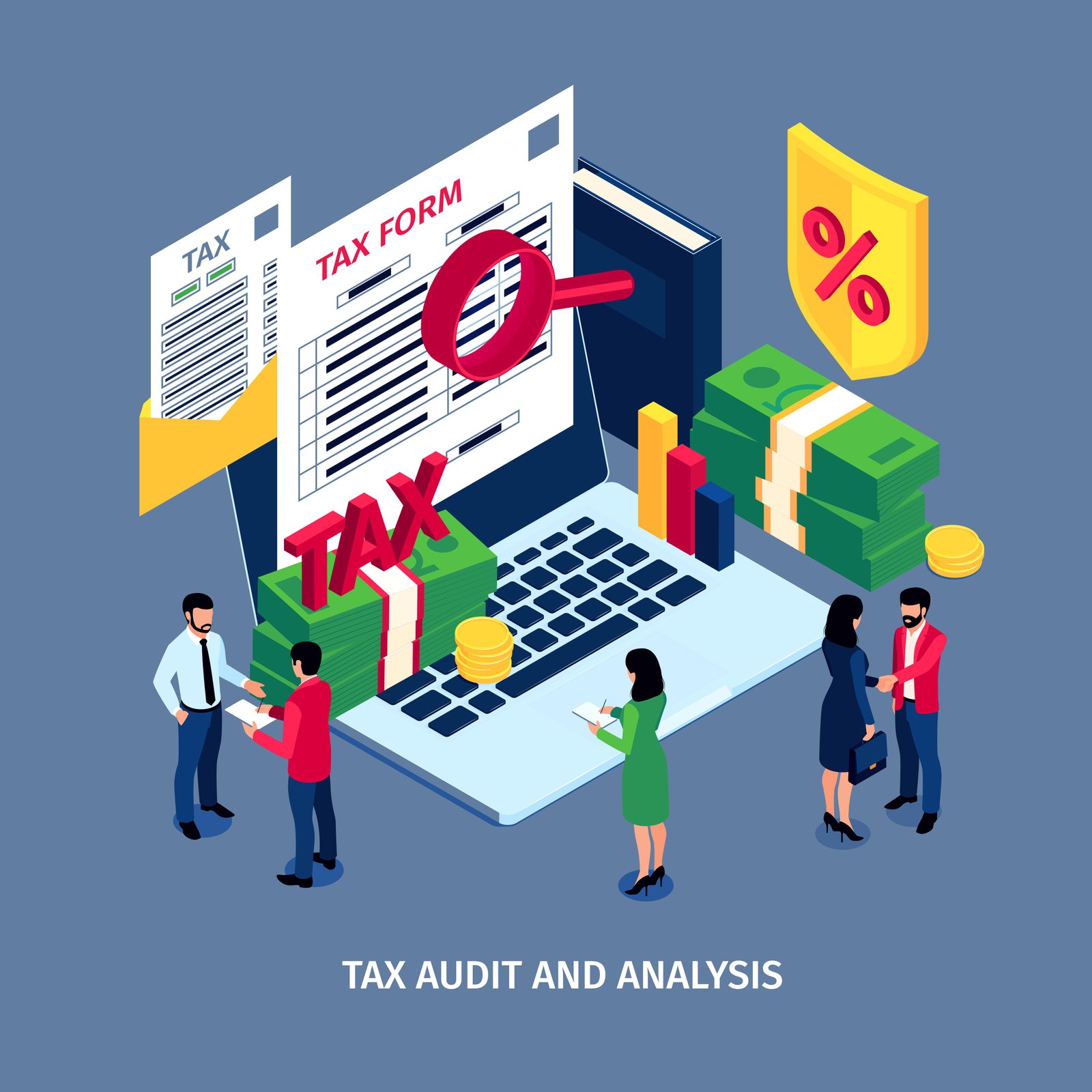No products in the cart.
Explore the taxation and compliance framework in Laos, including business registration, corporate tax, VAT, income tax, deductions, and audits.

The taxation and compliance system in Laos plays a vital role in supporting national development, attracting foreign investment, and ensuring that businesses operate in a transparent and accountable environment. As the Lao economy integrates further with ASEAN and global markets, compliance with tax regulations has become essential for both local businesses and international investors. This article provides a comprehensive overview of taxation in Laos, covering registration, corporate obligations, VAT, personal income tax, deductions, audits, and future reforms.
Business Registration and Tax Identification Number (TIN)
All businesses operating in Laos must register with the Ministry of Industry and Commerce and obtain a Tax Identification Number (TIN) from the Tax Department. This TIN is mandatory for all financial transactions, tax filings, and regulatory compliance. The process has been simplified in recent years, with e-registration systems reducing delays. Failure to register can lead to penalties, restricted operations, and difficulty accessing banking and trade facilities.
Corporate Tax Rates and Obligations for SMEs
Corporate income tax (CIT) in Laos is levied at a standard rate of 20% on taxable profits. However, certain sectors such as mining, hydroelectricity, and tobacco may face higher rates. Small and Medium Enterprises (SMEs) benefit from simplified tax filing procedures and reduced compliance requirements, but they are still obligated to maintain proper accounting records and submit annual returns. Tax incentives are available for businesses investing in priority sectors such as agriculture, renewable energy, and education.
Individual Income Tax Rules for Residents and Expats
Individual income tax in Laos applies to both residents and expatriates. Residents are taxed on their worldwide income, while non-residents are taxed only on income sourced in Laos. Tax rates follow a progressive structure, ranging from 0% to 24%. Employers are required to withhold income tax from salaries, and individuals engaged in business activities must file annual returns. For expatriates, compliance is especially important as immigration and work permits are tied to tax clearance certificates.
Understanding Value Added Tax (VAT)
VAT in Laos is levied at a standard rate of 10% on goods and services. Businesses with an annual turnover above the threshold are required to register for VAT and file monthly returns. Exemptions apply to essential goods such as unprocessed agricultural products, education, and healthcare services. Proper VAT reporting ensures smooth operations and eligibility for input tax credits, reducing overall tax liability.
Common Tax Deductions and Allowances
To encourage compliance, the Lao tax system allows certain deductions and allowances. Businesses can deduct expenses such as salaries, operational costs, training, and research investments. Depreciation on assets and reinvestment in infrastructure are also deductible. For individuals, personal allowances, dependent deductions, and contributions to social security reduce taxable income.
Tax Audits and Compliance Challenges
The Lao tax authorities conduct audits to ensure businesses comply with laws and report accurate financial information. Common issues during audits include underreporting of income, improper VAT claims, and lack of proper documentation. Businesses are advised to maintain transparent records and engage professional tax advisors to avoid penalties. As Laos modernizes its tax administration, audits are becoming more technology-driven, focusing on risk-based monitoring.
Future Outlook of Taxation in Laos
The Lao government is committed to reforming its taxation system to align with international best practices. Ongoing digitalization efforts, such as e-filing and online payments, are expected to reduce corruption and enhance compliance. With Laos increasingly integrating into ASEAN markets, harmonization of tax standards is likely, offering greater predictability for investors. Future reforms are also expected to strengthen revenue collection while providing incentives for priority industries.
Conclusion
Laos’ taxation and compliance framework is evolving to support national growth, foreign investment, and regional integration. By understanding corporate, personal, and VAT obligations, businesses and individuals can operate smoothly and avoid compliance risks. Although challenges remain, reforms are paving the way for a more transparent and efficient tax system.
About CITS Laos
CITS Laos provides expert advisory services in taxation and compliance, helping businesses and individuals navigate the Lao tax landscape. From business registration to tax filings and audits, our team ensures compliance while maximizing available incentives. With deep expertise in Lao regulations, we support investors, SMEs, and expats in achieving their financial and operational goals.